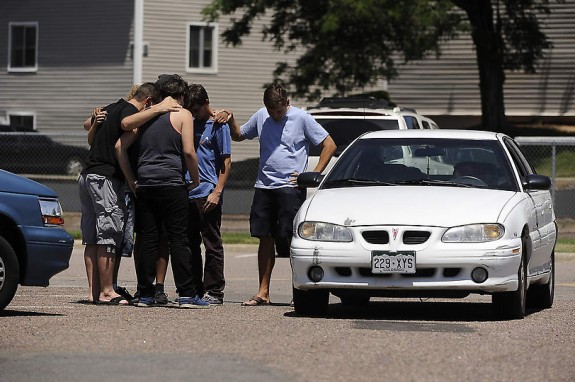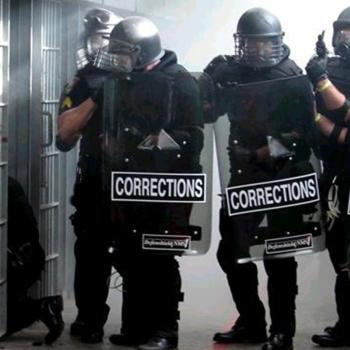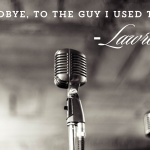
The news came in to Mitch Hamilton by phone just after midnight.
Members of his church had been inside the theater when shots rang out.
Hamilton is pastor of Mississippi Avenue Baptist Church, near the movie theater in Aurora, Colorado, where a gunman opened fire early Friday, killing 12 and wounding dozens more.
“We’re close, but you feel like you’re a million miles away,” Hamilton said during a break from tending to the needs of his church and planning a prayer vigil.
“Things are happening so fast,” he said.
He thinks his church members are not among the dead, but with no list of victims, no one is sure. Either way, he knows there is a gaping wound in his community.
Clergy across Aurora, the Denver area and the state are wrestling with how to respond to a senseless act of violence that has rocked their community.
Tonight, rabbis will take their pulpits for Shabbat services.
“It’s impossible to be prepared for actions that reek of such evil,” said Rabbi Richard Rheins of Temple Sinai in Denver. “It’s not as if any of us have answers.
“Evil is in our midst,” he said. “We have to be vigilant. We have to be strong.”
Rabbi Joe Black from Temple Emanuel knows that his congregants will be looking up from their seats tonight, waiting for answers.
“I’ve been a rabbi for 25 years, and I know that I don’t have any answers. And if anybody says they do, I’m concerned,” Black said. “I think what we need to do is come together and acknowledge the importance and the centrality of asking questions of the things in this world we can’t comprehend.”
A day ago, Jack Dowling was ministering to fire victims in Colorado Springs. He and team of five other chaplains from the Billy Graham Rapid Response Team got the news of the shooting Friday morning and headed straight for Aurora.
“We were on the ground here around 7:45 a.m.,” said Dowling, of Bangor, Maine.
He and his team of specially trained disaster chaplains are tending to families waiting for answers at Gateway High School in Aurora.
“This is a raw emotional situation. People are traumatized,” he said.
“The challenge here is, the incident location is still a crime scene and will be for some time. So the police have to deal with it as a crime scene. Under normal circumstances, that takes many hours to deal with that and then to gradually start identifying the victims.”
Family and friends are wandering the secured area at the school, asking questions, taking nervous cell phone calls and battling through uncertainty, Dowling said.
Some know their loved ones are at the hospital; “the others who haven’t had that confirmed, they don’t know. They don’t know if their family member is in a hospital and unidentified or if the other reason they haven’t been contacted is, they are still at the theater.”
Experiences ministering at massacres at Virginia Tech and Binghamton, New York, are a road map for Dowling. There are few words for the chaplain to share with the families.
“It’s not as much what you say as what you do. We have a ministry of presence to listen and listen and listen some more. They have a story to tell about a loved one who maybe they don’t know is dead or alive. There’s a lot of grief; there’s a lot of crying; there’s a lot of emotions; there’s a lot of uncertainty.
“It’s a very fragile situation for the victims,” he said.















